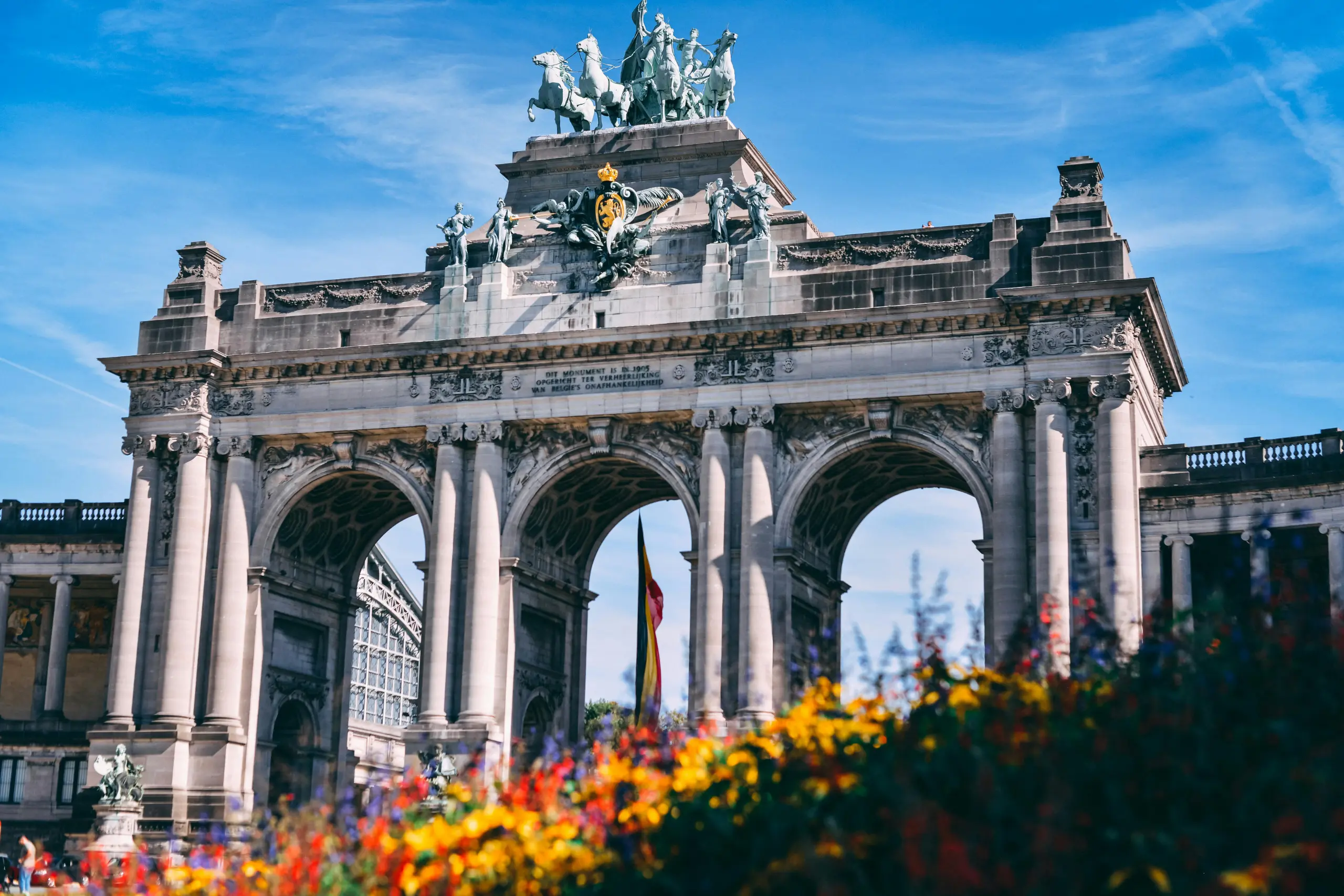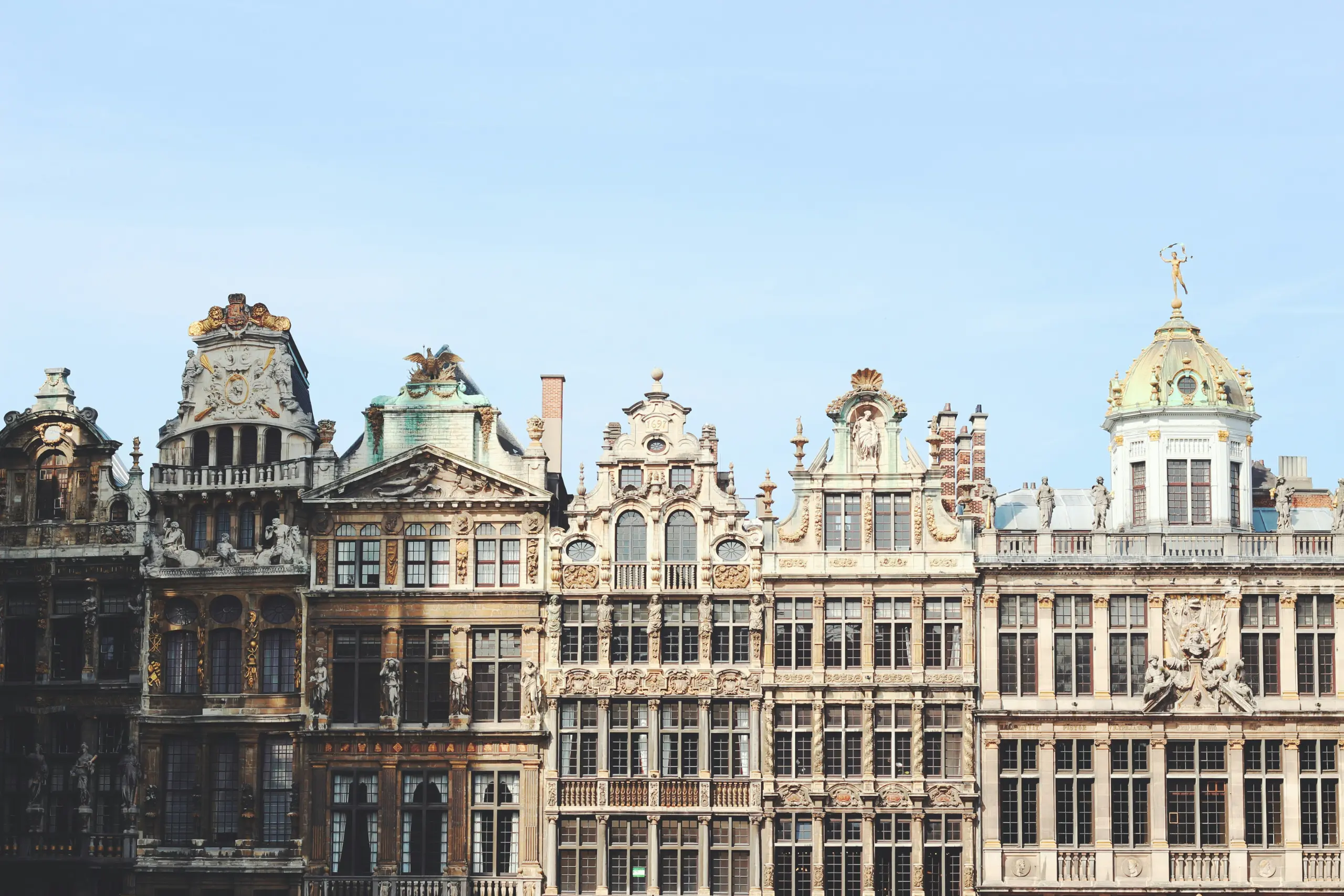Fête Nationale Belge 2026: The Official Belgian National Day Countdown



The kingdom of fine chocolate
Day(s)
:
Hour(s)
:
Minute(s)
:
Second(s)
When is the independence day of Belgium?
Belgium’s independence day is celebrated on 21 July. This date marks the day in 1831 when Prince Leopold of Saxe-Coburg-Gotha swore allegiance to the Belgian constitution, becoming the country’s first monarch and signaling the start of the modern Kingdom of Belgium.
Is Belgium’s independence day a public holiday?
Yes, 21 July is a public holiday in Belgium. It is officially known as Belgian National Day and is celebrated with various festivities, including parades and official ceremonies across the country.
History of Belgium independence day
Following the Napoleonic Wars, Belgium became part of the United Netherlands. However, unrest soon grew, leading to the Belgian Revolution where Dutch forces were expelled between August and October 1830. Revolutionary factions united around the idea of national independence and drafted a constitution for an independent Belgian state. This constitution established Belgium as a constitutional and popular monarchy inspired by romantic nationalism. Prince Leopold of Saxe-Coburg-Gotha, a German aristocrat popular in the United Kingdom, arrived in Brussels in July 1831. On 21 July, he swore allegiance as the first monarch, marking the birth of the modern Kingdom of Belgium. Belgian National Day originally commemorated the expulsion of Dutch forces on 27 September, known as the September Days. However, in 1890, the date changed to 21 July to strengthen the connection between the monarchy and constitutional order. Since 1991, 27 September has marked the observance of the French Community of Belgium. During World War I and World War II, Belgium was occupied, and public displays of patriotism were banned. As a result, celebrations of 21 July became a symbol of resistance. Through all this, the festive counter of Belgium’s national pride has remained strong, and every year the countdown to this festive day energizes the entire nation.
Capital of Belgium
Brussels, officially the Brussels-Capital Region, consists of 19 municipalities, including the City of Brussels, which serves as Belgium’s capital. Located centrally within the country, it is part of both the French Community of Belgium and the Flemish Community. While Brussels is an enclave within the Flemish Region (Flanders), it sits just 4 kilometres (2.5 miles) north of the Walloon Region (Wallonia). Originally a rural settlement on the river Senne, Brussels has grown into an important city-region in Europe. After the Second World War, it became a major hub for international politics, hosting numerous international organisations, politicians, diplomats, and civil servants. Brussels is also the de facto capital of the European Union, hosting several principal EU institutions such as the administrative-legislative, executive-political, and legislative branches. Although the judicial branch is located in Luxembourg and the European Parliament meets partly in Strasbourg, Brussels often represents the EU metonymically. Additionally, the secretariat of Benelux and the NATO headquarters are based in Brussels. Each year, as the festive counter ticks down, locals and visitors alike prepare for vibrant celebrations in this city that stands at the political and cultural counter of Europe.
The combination of Belgium’s rich history and its political significance makes its national celebrations truly unique. The countdown to Belgian National Day fills the air with festive spirit. The symbolic resistance seen during times of occupation is remembered with pride, and the country’s constitutional monarchy continues to be a source of unity. With its capital at the heart of Europe, Belgium embraces its role on the world stage, where the festive counter is not just about celebration but also about resilience and identity.
| Province / Region | Official Language(s) | Main Dialect | Famous For |
|---|---|---|---|
| Antwerp | Dutch | Flemish (Antwerp dialect) | Port of Antwerp, diamonds |
| East Flanders | Dutch | Flemish (East Flemish dialect) | City of Ghent, medieval architecture |
| Flemish Brabant | Dutch | Brabantian Flemish | Leuven university, beer culture |
| Hainaut | French | Picard | Industrial heritage, Belfries of Belgium |
| Liège | French | Walloon (Liégeois dialect) | Liège waffles, Meuse River |
| Limburg | Dutch | Limburgish | Cycling culture, fruit orchards |
| Luxembourg | French | Walloon (Luxembourgish-influenced) | Ardennes forests, castles |
| Namur | French | Walloon (Namurois dialect) | Citadel of Namur, Meuse Valley |
| Walloon Brabant | French | Walloon (Brabantian) | Waterloo battlefield, rural scenery |
| West Flanders | Dutch | West Flemish | Beaches, Bruges historic center |
| Brussels-Capital Region | French, Dutch | Urban Belgian French/Dutch mix | Capital of Belgium & EU, Grand Place |
Source: general information about Belgium’s provinces and Brussels-Capital Region.
Belgium Independence Day (2025–2030)
| Year | Date | Day |
|---|---|---|
| 2025 | July 21, 2025 | Monday |
| 2026 | July 21, 2026 | Tuesday |
| 2027 | July 21, 2027 | Wednesday |
| 2028 | July 21, 2028 | Friday |
| 2029 | July 21, 2029 | Saturday |
| 2030 | July 21, 2030 | Sunday |
FAQs
When do clocks change in Belgium?
Clocks spring forward by one hour on the last Sunday in March and fall back on the last Sunday in October as part of daylight saving time observance.
What day is Belgian National Day celebrated?
Belgium commemorates its National Day on 21 July, marking the accession of the first king of the independent Kingdom of Belgium in 1831.
Do people search for countdowns to Belgian holidays or events?
Yes, searches like “countdown to Belgian National Day”, “festive counter for Belgium holidays”, or “days until National Day Belgium” are common, as people look for ways to track and prepare for celebrations. This reflects an interest in countdowns for cultural and national events.
What festivities happen on Belgium’s National Day?
Celebrations include a televised Te Deum mass, followed by a military parade in Brussels, with foreign contingents often joining. The day ends with concerts, street festivals, and fireworks
What can visitors expect on National Day?
In Brussels, expect large crowds, national flags, royal appearances, air force flyovers, free public events, and cultural exhibitions. Many government offices, banks, and shops close or offer limited services
